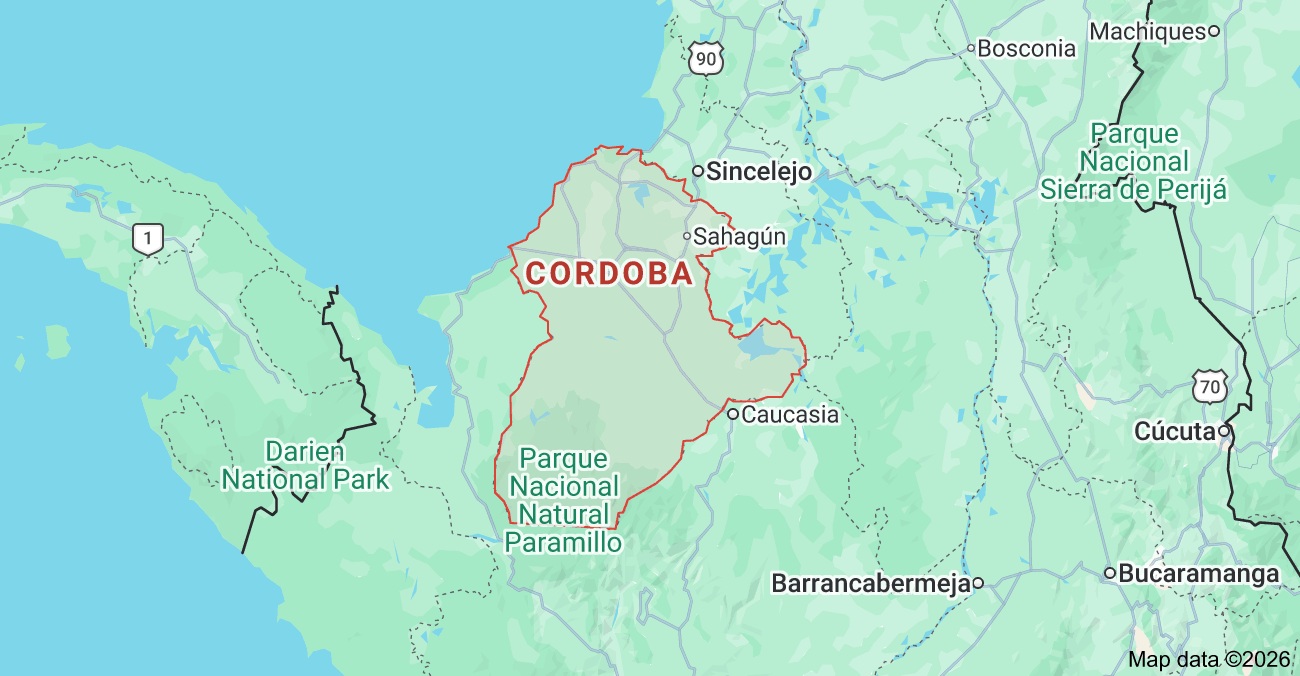ENVIRONMENT: Help bees, help humanity

Bees are important; together with other less known insect pollinators, they pollinate three quarters of the crops we grow in the world. Tomatoes, blueberries, zucchini, strawberries, melons, coffee and cacao, all rely on pollination by insects. Without them, our diet would largely consist of bread, rice, and porridge – not an attractive prospect.
By Dave Goulson
THE CAUSES of bee declines are much debated, but most scientists agree that loss of natural, flower-rich habitats to agricultural monocultures has been the biggest driver. On top of that, we now use large quantities of insecticides in farming, some of which are extremely toxic to bees.

Hungry, poisoned and diseased, it is little wonder that bees are in decline. So how do we stop this bee apocalypse?
Some have tried to develop robotic bees, although current models are laughably inept compared with the real thing, bashing into the flowers and spraying pollen in all directions.
Bees have been pollinating flowers for 120 million years and have evolved to be very good at it. They also breed for free, feed themselves, and generously produce honey as a bonus.
Imagine the cost of replacing the world’s 3.2 trillion honeybees with robots? Ensuring a future for living bees is by far the wisest option.
There are many initiatives currently underway to help our beleaguered bees. Farmers in Europe can get subsidies to plant flower strips along their fields, with similar projects being trialed in the United States.
Conservation organizations encourage gardeners to plant bee-friendly flowers, and to provide “bee hotels” where they can nest. In SE Kent, a project to reintroduce the locally extinct Short-haired Bumblebee has involved planting large areas with wildflowers, and has seen great increased in populations of other rare bumblebees such as the Brown-banded carder.
In Europe and parts of Canada, partial bans and restrictions on use of particularly harmful insecticides, such as neonicotinoids, have been introduced.
But this might not be enough.

What data we have suggests that bees and other insects, such as butterflies, alongside other creatures, including birds and amphibians, are still declining, and fast. So far, the negative impacts of the global spread of intensive farming, supported by the continual development of new generations of pesticides, is overwhelming the efforts of conservationists.
Many scientists have come to the opinion that intensive production of single crops, treated with 20 or more chemicals to keep them alive, is not sustainable in the long term. It is damaging our soil, exposing humans to a cocktail of pesticide residues in our food, and perhaps mostly importantly driving massive declines in wildlife.
The decline of bees is one of the clearest signs that this form of farming may be its own worst enemy – for if we continue to lose our bees, then crop yields will collapse. There are more sustainable alternatives: organic farming, permaculture, agroforestry.
Bee reserves, hotels
In the meantime, perhaps we can turn our growing towns and cities into giant bee reserves? Gardens can be great places for bees, particularly if they are planted with a mix of “bee-friendly” flowers, and if no pesticides are used, after all there is really no need in the garden.

In Stirling a local volunteer group calling themselves “On the Verge” have planted over 50 patches of wildflowers on roundabouts, road verges, school fields and next to a rugby pitch; areas that were previously just mown grass with no flowers now team with bees, butterflies and hoverflies.
Our parks, amenity spaces, school grounds and roads could all be planted with flowers for bees, and school children encouraged to make and hang bee hotels in the school yard. This would have the added benefit of bringing people into closer contact with nature, helping them to appreciate the importance of these little creatures that do so much for humanity. If we help the bees, we help ourselves.
Dave Goulson is “Professor of Biology at the University of Sussex, and the author of Bumblebees; Their Behaviour, Ecology and Conservation, published in 2010 by Oxford University Press, and of the Sunday Times bestseller A Sting in the Tale, published in 2013. n 2015 he was named number 8 in BBC Wildlife Magazine’s list of the top 50 most influential people in conservation. His new book, Bee Quest will be published in April.”





